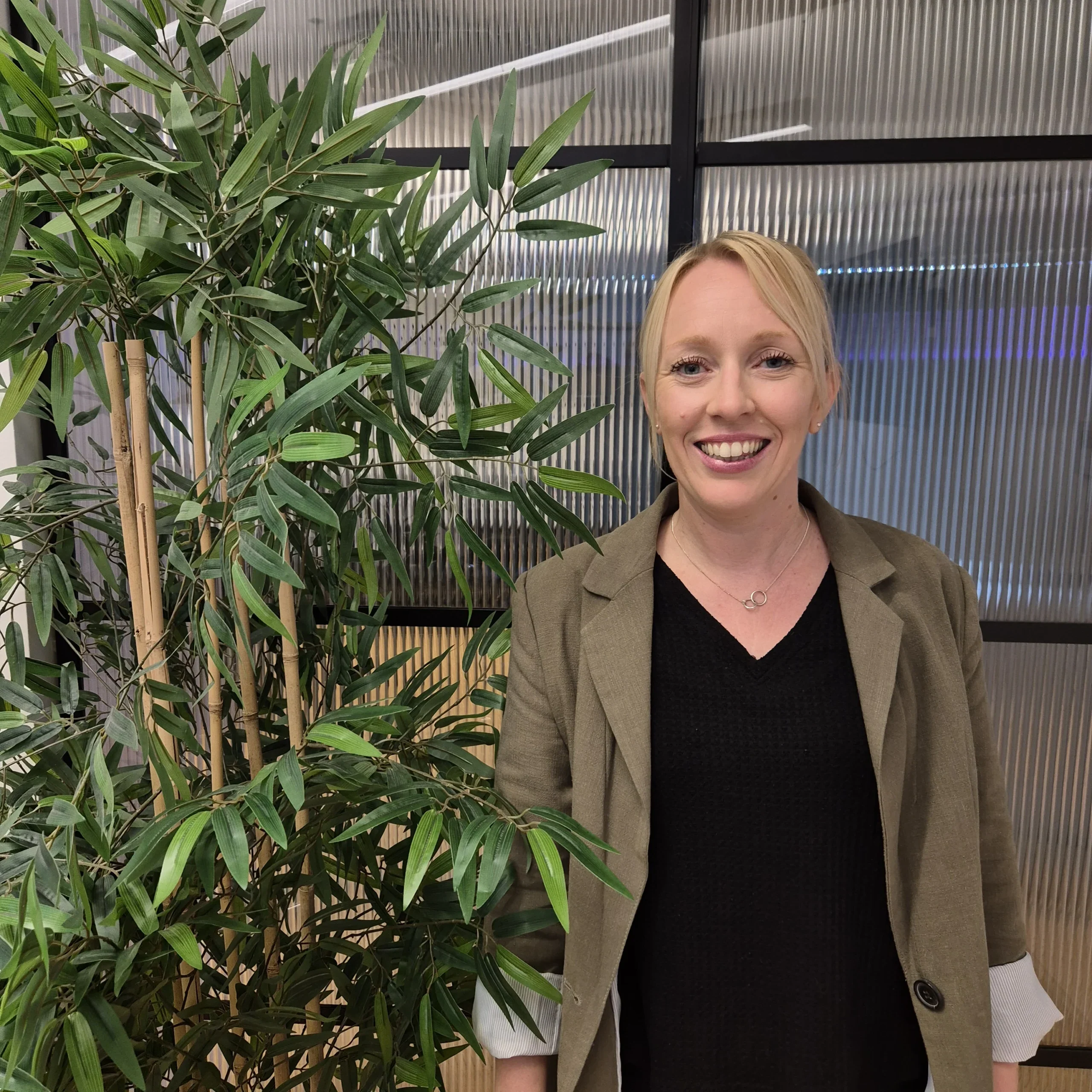Subscribe to job alerts
Sign up to receive our latest roles directly to your inbox every month
As of 29 October 2025, the NHS England has made the emergency contraceptive pill – better known as the “morning-after pill” – available free of charge at nearly 10,000 community pharmacies across England.
Previously, while free access was available via GPs and sexual health clinics, many pharmacies charged up to £30 for emergency oral contraception, limiting access for some people. Pharmacies will now allow people to walk in, consult a pharmacist privately, and receive oral emergency contraception without the need for a GP appointment or clinic visit.
Officials have described the move as “one of the biggest changes to sexual-health services since the 1960s.” The Independent
With about 80 % of people living within a 20-minute walk of a pharmacy, the move shifts access closer to where people live, lowering barriers such as appointment waits, travel, stigma. england.nhs.uk+1
By removing cost and appointment hurdles, the hope is to make emergency contraception easier to access when it matters most (ideally within hours of unprotected sex). Patient
Until now, access to free or low-cost emergency contraception varied significantly depending on local commissioning arrangements. The national rollout aims to eliminate such regional disparities.
This is also part of a broader expansion of pharmacy services in the NHS plan, enabling pharmacies to offer more than traditional dispensing: consultations, contraception supply, minor illness support.
By making emergency contraception more accessible, there is potential to reduce unintended pregnancies and the associated health, economic and social costs.
This development presents multiple opportunities and implications for those working within pharma, health and life sciences:
This national rollout of free emergency contraception at pharmacies marks an important stride in reproductive healthcare in England. By making access faster, easier and free of charge, the NHS is removing a barrier that has long affected many people (especially younger women), those on tight budgets, or in underserved areas. For clinical research aspirants, this presents fertile ground: whether evaluating access, outcomes, pharmacy capacity, or behavioural aspects, the ripple-effects of this change will likely surface in the data and practice landscapes over the coming years.
Established in 2006 by former industry professionals, Carrot has grown into one of the most trusted and highly regarded recruitment partners within the Pharma, Biotech, and Med-Tech sectors across North America and Europe.
Our business is structured to support clients across the entire product lifecycle — from development through to commercialisation and beyond , with dedicated teams specialising exclusively in 14 distinct functional areas.

Sign up to receive our latest roles directly to your inbox every month